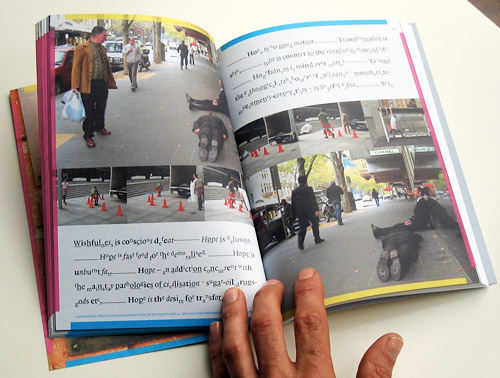The ultimate proof that one has sovereign power over another human being is one's ability to have them executed. In a similar fashion, one might argue, the ultimate proof of possession, of one's personal dominium over a thing, is one's ability to destroy it – and indeed this remains one of the key legal ways of defining dominium, as a property right, to this day. p73Zeph gets out of the water and comes over to us, his towel wraps his shivering body, "You are under a rest Dad!" Which is true, so I reply "Yes, I'm under a tree, resting". "No Dad! You're under arrest!" he shouts.
Until this Summer the highest recorded local temperature was 39 degrees celsius. This area of south-east Australia is known for its high rainfall and cool highland climate. Things are rapidly changing. Today is the fourth day of 41 degrees this past fortnight, and it is the most brutal, wind-charged and apocalyptic of all of the 4928 days that I've been living here. We're all on a high fire alert.
When you eat something, you do indeed destroy it (as an autonomous entity), but at the same time, it remains "included in" you in the most material of senses. Eating food, then, became the perfect idiom for talking about desire and gratification in a world in which everything, all human relations, were being re-imagined as questions of property. p74
After today "sovereignty" over something in terms of social relations, say between parents and children, masters and slaves, private property and public lakes (to name a few) has changed. Today the unsinkable Murdoch media empire crumbles, while the sun takes up the heirarchical slack, as if the financial crash and the nature crunch are wholly linked organisms. Of course they are. We are standing on the bank looking out over a body of cool water. Nearby, Ballarat's majestic Lake Wendouree is barren. Runaway climate change is just over the horizon, and our politicians and our own comfortable incontestability have sentenced us to nature's complete rule and wrath.
David Holmgren, at a recent meeting in our town hall (with climatologist Rob Gell), stated that growing your own food by permaculture methods uses between a fifth and a tenth less water than supermarket food. Additionally, Gell stated that by 2013, according to the most recent science, the Arctic ice will be gone, and that the southern part of Australia will burn and the northern part will become much wetter.
So I return to all I know: making useless art, embracing hopelessness, growing what food is possible, living intensely and actively with few expectations and sharing what's possible to share. Astrid Lorange, in her review of my book, writes it this way –
By decentring the kind of symbolism we might attach to an artistic manifesto for a sustainable future–that is, that hope will manifest as change–Jones sets up a far more mobilising set of propositions. Rather than hope and desire, we need to practise free-dragging, where non-delusional play and civil disobedience are the productive ferment of critical and creative hopelessness.Others call it excrement.

1 comment:
another record temp is set in Melbourne today - 46.4 degrees celsius.
Post a Comment